From manual to digital: The implementation and benefits of ERP solutions for small businesses
EPA System / News & Eventi

The implementation of ERP solutions allows small businesses to leave manual processes behind and embrace digital transformation. ERP solutions integrate all business functions into a single system, enabling companies to automate processes, enhance productivity, and make more informed decisions.
Benefits of Implementing ERP Solutions
Implementing ERP solutions offers numerous benefits for small businesses. Firstly, process automation reduces dependence on manual tasks, allowing employees to focus on higher-value activities. Additionally, ERP solutions provide a comprehensive, real-time view of business operations, enabling executives to make informed decisions and respond promptly to market challenges. ERP solutions also improve operational efficiency, reducing processing times and enabling companies to deliver high-quality products and services more quickly.
Key Features of ERP Systems
ERP solutions come with a range of features that enhance the operational efficiency of small businesses. Key features include inventory management, production management, accounting, human resource management, and customer management. Inventory management enables companies to monitor and manage the flow of goods, reducing waste and optimizing inventory management. Production management helps companies plan and monitor production processes, ensuring efficient and high-quality production. Accounting allows tracking of business revenues and expenses, facilitating financial management. Human resource management automates processes related to workforce management, from resource planning to payroll management. Finally, customer management enables companies to manage customer relationships, improving customer satisfaction and loyalty.
Choosing the Right ERP Solution for Your Small Business
Choosing the right ERP solution for your small business is a crucial step for successful implementation. Before making a decision, it’s important to assess your business’s specific needs and identify essential features to improve operational efficiency. Consider the available budget and the support provided by the software vendor. A detailed evaluation of different ERP solutions in the market will help you make an informed decision that best suits your small business’s needs.
Transitioning from Manual to Digital ERP Solutions
The transition from manual processes to digital ERP solutions requires careful planning and effective change management. It’s crucial to involve all employees in the transition process, providing adequate training and support to ensure a smooth transition. Transition phases include evaluating current business procedures, designing the new ERP system, migrating data, and implementing the new system. During this transition, closely monitoring progress and addressing any challenges or issues that may arise is essential.
Overcoming Challenges during Implementation
Implementing ERP solutions may pose some challenges for small businesses. Common challenges include employee resistance to change, lack of internal technical skills, and budget management. To overcome these challenges, actively involve employees in the implementation process, provide adequate training, and engage external service providers when necessary. Establishing a robust project plan and clearly defining the roles and responsibilities of all team members is also crucial.
Case Study: Successful Implementation of ERP Solutions in Small Businesses
To better understand the benefits of implementing ERP solutions for small businesses, let’s consider a successful case study. Company XYZ, a small manufacturing business, implemented an ERP solution to improve inventory management, production planning, and financial management. After the ERP system’s implementation, the company experienced a significant increase in operational efficiency, reducing processing times and improving inventory management. Moreover, the company could make more informed decisions with real-time data from the ERP system. This case study demonstrates how ERP implementation can bring tangible benefits to small businesses.
Training and Support for ERP Users
A critical aspect of ERP solution implementation is training and support for users. Providing adequate training to employees is essential to ensure they can effectively use the ERP system and leverage its full functionality. Additionally, offering continuous support to users by addressing their questions and providing technical assistance is crucial. Effective training and support contribute to maximizing the benefits of ERP solutions and ensuring full user adoption.
The Future of ERP Solutions for Small Businesses
ERP solutions continue to evolve to meet the needs of small businesses in a rapidly changing business environment. In the future, ERP solutions are expected to become more intuitive and user-friendly, facilitating greater adoption by small businesses. Furthermore, ERP solutions may integrate emerging technologies such as artificial intelligence and data analytics to further improve operational efficiency and provide more accurate forecasts. Small businesses should be prepared to leverage these new opportunities and implement innovative ERP solutions to remain competitive in the market.
Implementing ERP solutions for small businesses offers numerous advantages, including process automation, a comprehensive view of business operations, and improved operational efficiency. However, it’s important to address challenges during implementation and provide adequate training and support to ERP users. Small businesses adopting ERP solutions can gain a significant competitive advantage and prepare for the future. If you’re a small business owner, seriously consider implementing an ERP solution and start your journey toward greater efficiency and business success.


